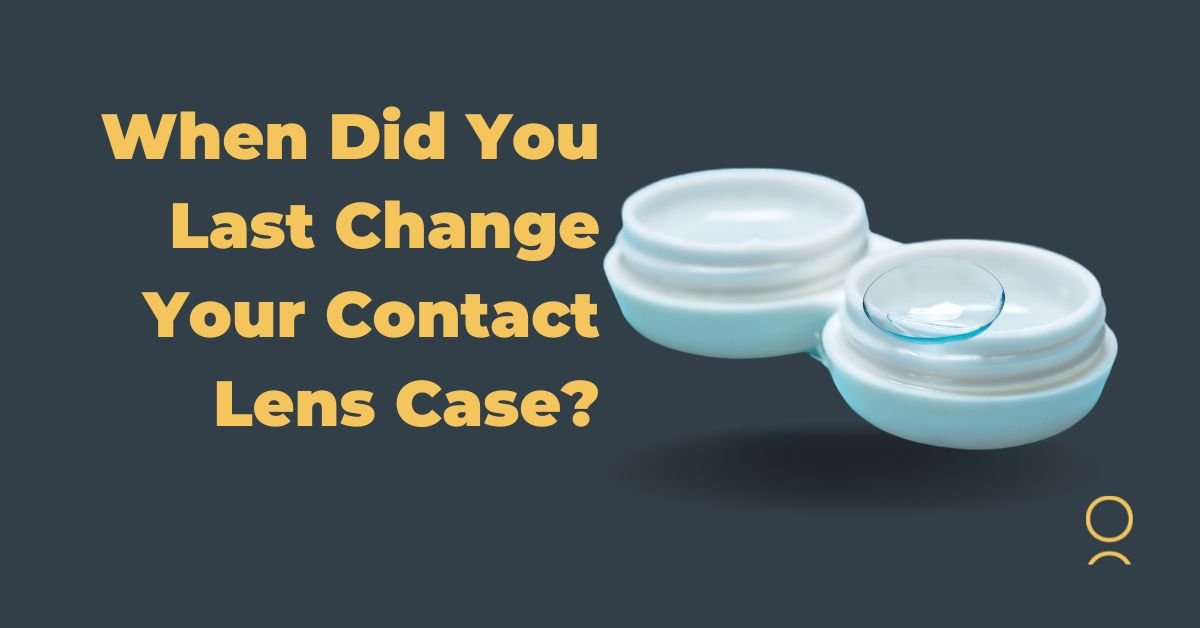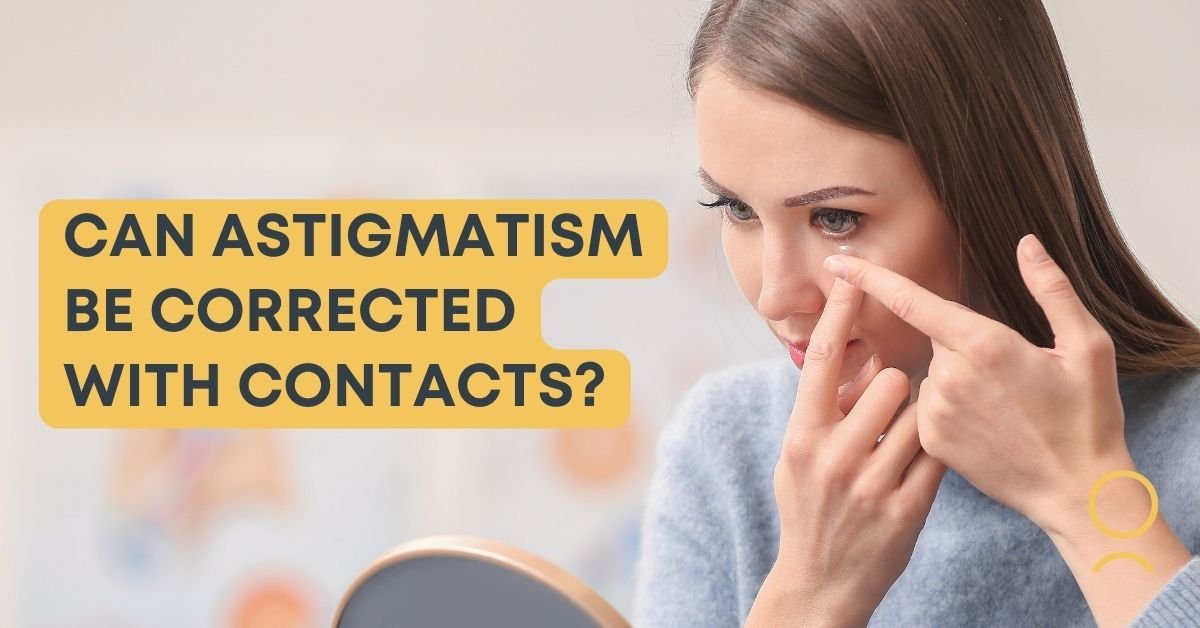Why Your Contact Lens Case Needs to Be Changed More Often Than You Think
Contact lenses have revolutionized the way people view the world. They offer an effective alternative to traditional glasses, allowing wearers to engage in various activities without worrying about eyeglasses getting in the way. However, one of the most critical components of contact lens care is the lens case, and it's essential to know how often to replace it. In this blog post, we will discuss the importance of regularly replacing your contact lens case and how often you should do so.
Why Replace Your Contact Lens Case?
Your contact lens case is an essential part of your contact lens care routine. It protects your lenses and helps to maintain their cleanliness. However, contact lens cases can become contaminated with bacteria and other microorganisms over time, making them a potential source of infection. In addition, regular use and exposure to air can cause the case to become worn, leading to cracks and other damage. To prevent these problems, you must regularly replace your lens case.
How Often Should You Replace Your Contact Lens Case?
The frequency with which you should replace your contact lens case depends on several factors, including the type of case you use and how often you use your lenses. Most optometrists recommend replacing your lens case every three months. If you use your lenses daily, replacing your case every three months is best.
It's also important to note that if you notice any wear or damage to your lens case, you should replace it immediately. Signs of wear or damage include cracks, discoloration, and an overall worn appearance.
How to Clean Your Contact Lens Case.
In addition to replacing your contact lens case regularly, it's also important to keep it clean. Bacteria and other microorganisms can grow in a dirty lens case, putting your eyes at risk of infection. To clean your case, rinse it thoroughly with a contact lens solution and let it air dry. Avoid using tap water or saliva to clean your lens case, as these can introduce additional bacteria into your lens case.
Many cases are also lightly covered in silver to help prevent bacteria buildup. Scrubbing the lens case may remove this coating, and allow
FAQ’s About Contact Lens Cases.
-
Replace the solution in your contact case daily. Never reuse or “top off” old solution because old solution is no longer sterile and may promote bacterial growth.
-
No. If your contact case becomes contaminated, replace it.
-
No. Only use a multipurpose contact solution for cleaning your contact case. Hydrogen peroxide may leave a residue and burn the eyes.
-
Many contact cases are sterile and ready to use. However, if unsure, always take the additional measure of cleaning your case before use by rinsing it out with a multipurpose solution.
-
No. Never use water, soap, or other cleaning agents to clean your contact case. Only use an approved multipurpose contact solution for case cleaning.
-
No. Soap and water are not effective for cleaning contact lens cases. Only clean your case with a multipurpose contact solution.
-
No. Water may contain bacteria that can harm your eyes.
Conclusion.
Replacing your contact lens case is essential to maintaining your eyes' health. Regular replacements help prevent contamination and ensure your lenses remain clean and safe for use. To ensure optimal eye health, it's recommended that you replace your lens case every three months and immediately if you notice any signs of wear or damage. If you have any questions about contact lens care or want to schedule an appointment with one of our optometrists, contact us at Stonewire Optometry today.





